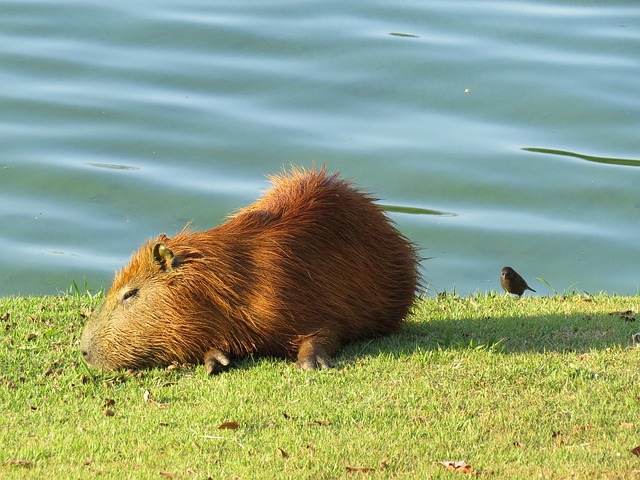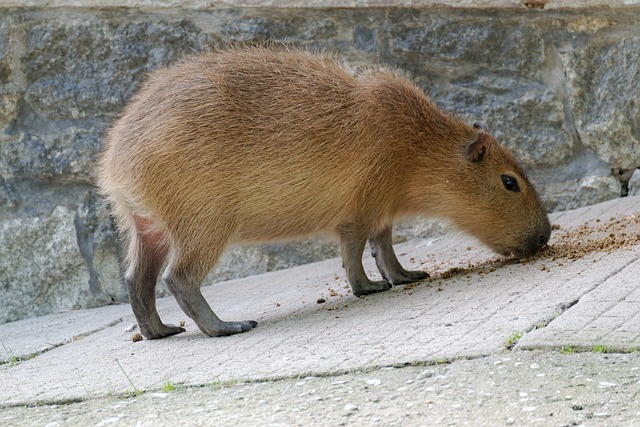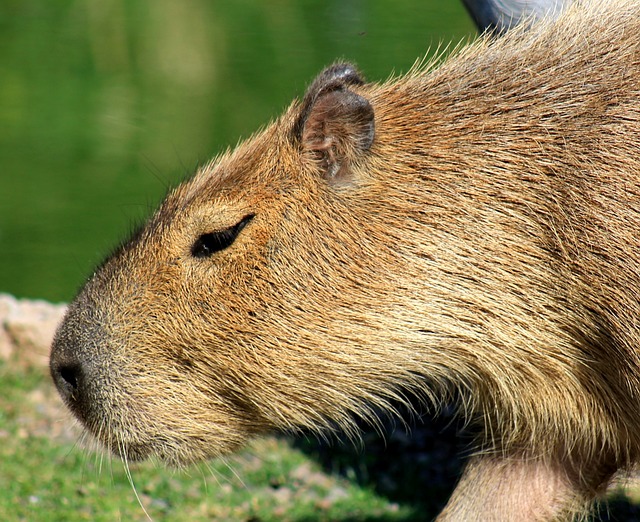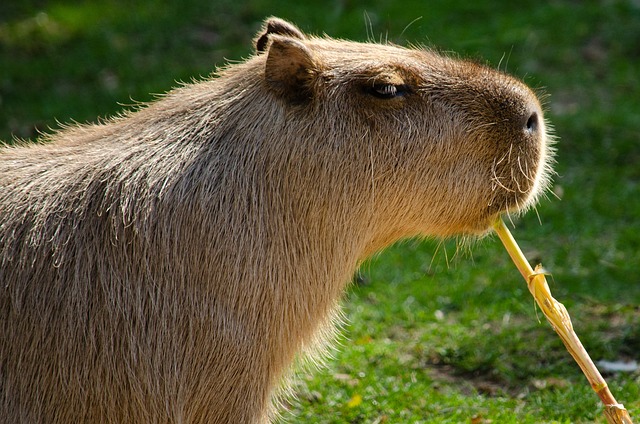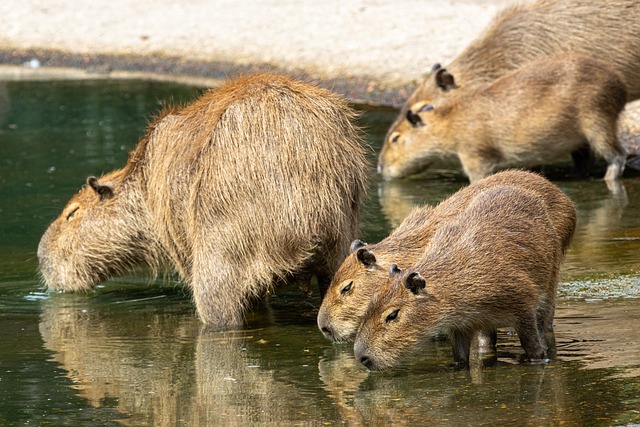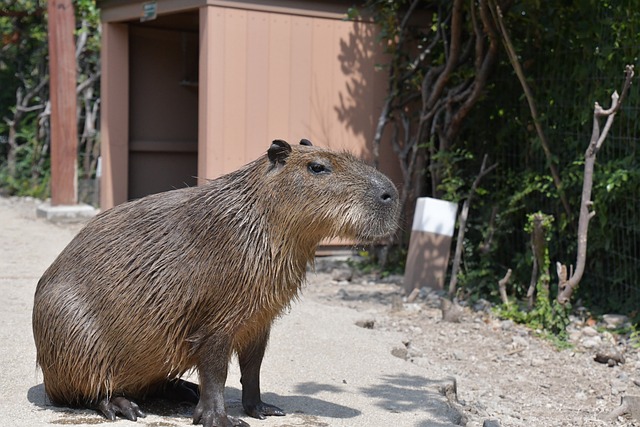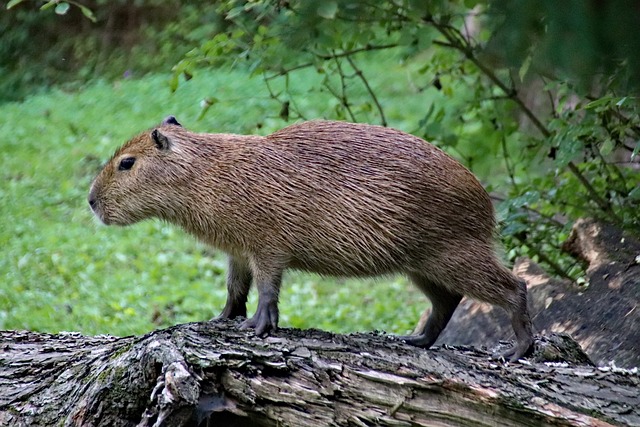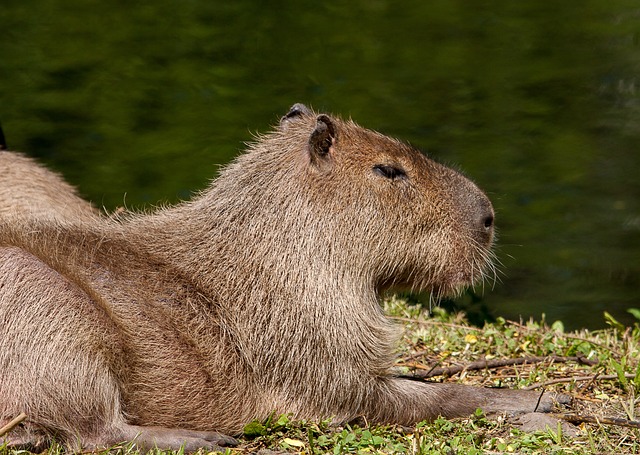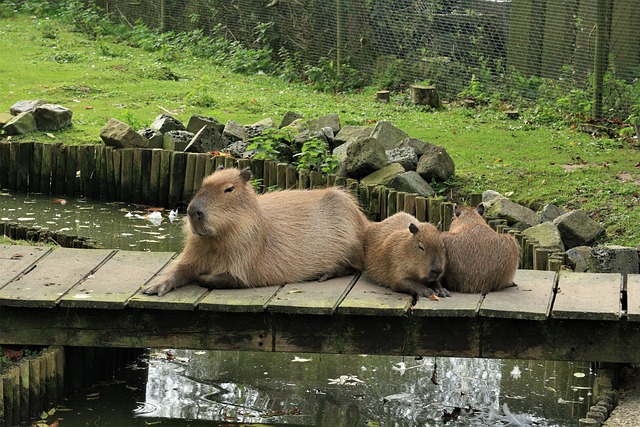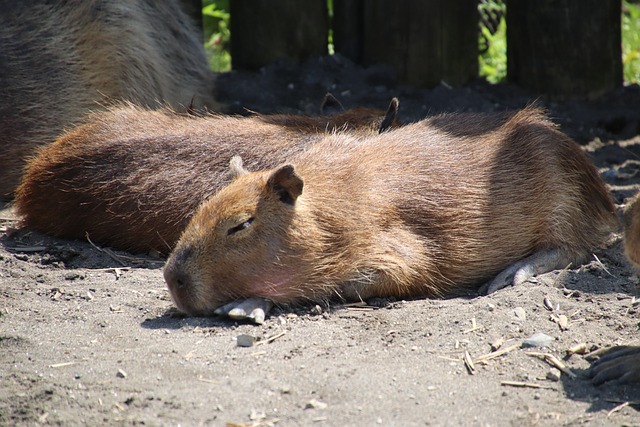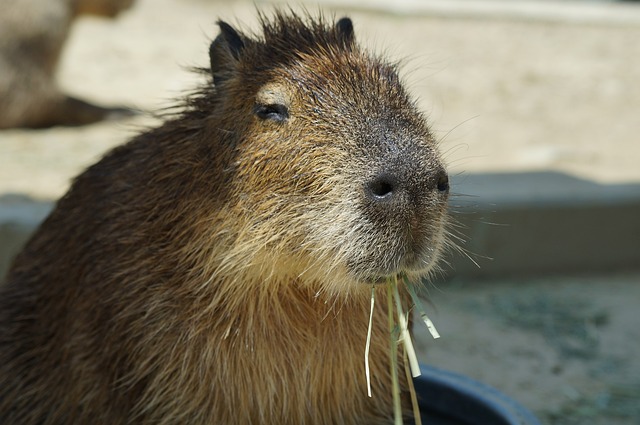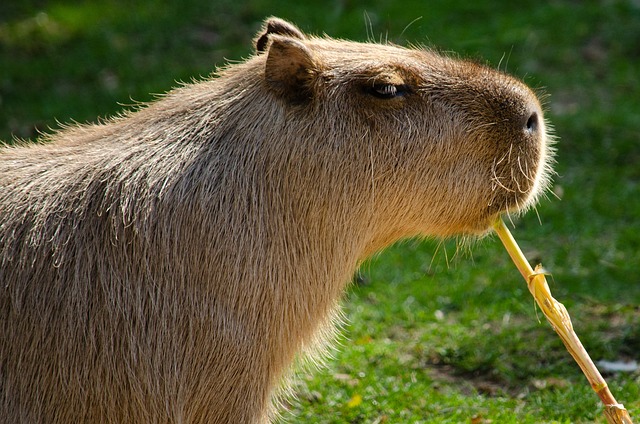Do Capybaras Really Stack: Understanding Rodent Behavior
Capybaras have captivated the interest of the internet with their seemingly sociable behaviors, particularly with regards to their interactions with each other and different species. Among the many images and videos that have been circulated online, some depict capybaras in close physical contact, sometimes even appearing to be stacked on top of one another. These…

